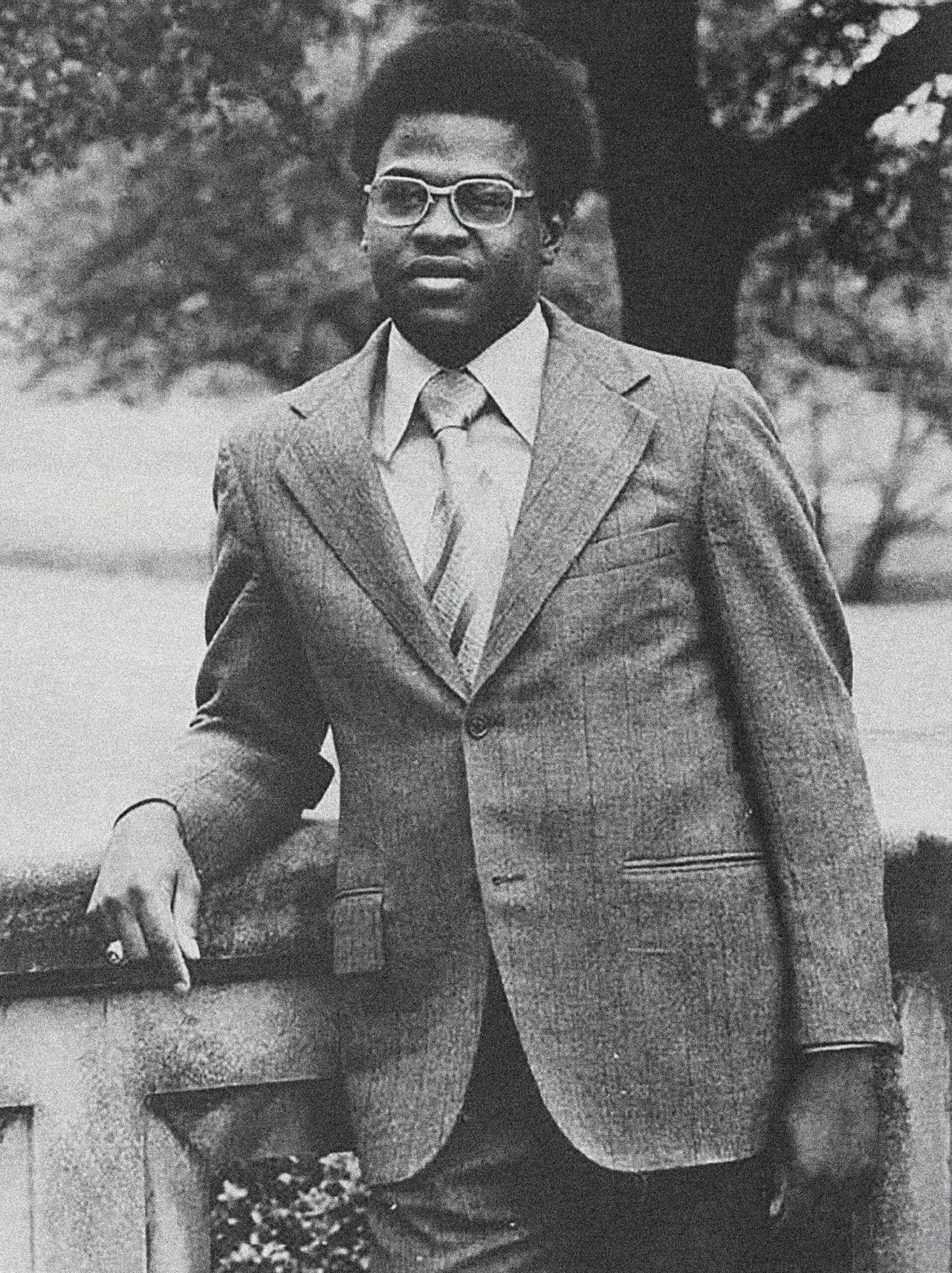R.E.S.P.E.C.T.

In 1965, he joined Texas A&M’s Corps of Cadets. Bill Mahomes ’72, now Chairman of the TAMU System Regents and a successful public finance and real estate lawyer, enrolled at Texas A&M in its early days of integration. He endured racial slurs and taunts about a stutter in his speech. With his bachelor’s degree in 1969, Mahomes became the first Black student to earn his military commission after four years in the Aggie Corps of Cadets. Mahomes graduated from Texas Law when few major firms or clients in the South hired Black lawyers. He could be bitter. Instead, he’s making the world better.
You’ve held a lot of leadership positions. Why has service been so important to you?
I think service, across the board, really tends to bring people together if you find things of common interest.
The reason I talk a lot about service is that it was very difficult for me as new lawyer to try to get into the mainstream. And I tried to do that because I just thought I had as much a right to do that as anyone else. But I didn’t do it with a chip on my shoulder. So, the way we could become mainstream was to serve in our organizations and meet people we would not have otherwise met. What I can do is serve, and it feels good to serve.
What was it like starting law school in the late-1960s?
It was crazy, as you can imagine. In college, things were more direct. Law school was different. Things were more subtle. People were very polite, but you got the feeling they didn’t think that you belonged there. I remember a lot of intimidation, whether it was benign or on purpose. There were seven Black students in my class. We were very much aware of racial differences. We were a little apprehensive, quite frankly, mainly because law was so new to us. We didn’t have a lot of second-generation lawyers. Our parents had not been lawyers. And we knew very few, very, very few lawyers of color, partly because there were no law schools that would admit them in Texas.
Is that when you, Carnegie Mims ’71, and others started TMLS?
Yeah, we wanted to know each other better and to identify issues that we had in common that maybe other students didn’t have. A lot of it was just financing, just finding money to go to school. Or trying to tutor each other and study together. We couldn’t let the next generation down. I mean the next generation as in the next year. Had we not made it, you know, others would have had a more difficult time. We just hung in there and concentrated on getting a degree rather than focusing on reasons not to.
In my case, I was always interested in student government and in politics and that sort of thing. So, in my senior year, I ran for and was elected vice president of the Student Bar Association. And the next year after that, my roommate, Sam Biscoe ’73, was president of the SBA. That’s the story of kind of progress we made at the at the law school.
No matter what happened, we were hell-bent on graduating and making it better for the next group.
How do you translate your experience into advice for students today?
Find ways to bring people together. You can do that with service. You almost get more from it yourself, just by feeling good about your accomplishments. I talk to lots of young people these days and I advise them, be yourself. Find a unique place on the team where you can play a role. Nobody is better than you are. Make your own contribution. Find where you can make a difference. One person can make a difference.
A biography of Bill Mahomes is slated to be published in 2026 by Texas A&M Press.
